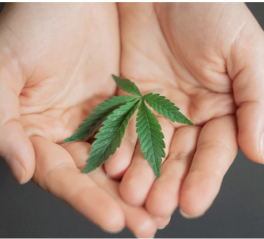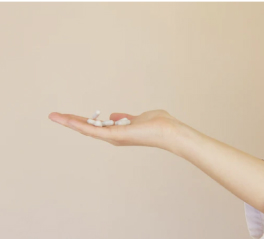Causes / Predispositions
Individuals experience and cope with trauma in different ways. It is not yet known why some patients are more likely to develop PTSD following a traumatic experience.
Traumas that are commonly linked to PTSD include:
- Exposure to/Participation in Combat or War
- Natural Disasters
- Physical Violence
- Severe Accidents
- Sexual Assault
- Witnessing Death/Serious Injury
Symptoms
Patients suffering from PTSD may experience immediate, sporadic and/or delayed symptoms such as:
- Sleep Disturbance (Recurring Nightmares)
- Intrusive Distressing Memories
- Hallucinations/Flashbacks
- Emotional Distress/Outbursts
- Irritability
- Sweating
- Palpitations
- Reckless Behaviour
- Inability to Work
- Inability to Concentrate/Focus
- Difficulty Maintaining Personal Relationships
- Difficulty Performing the Activities of Daily Life
- Reduced Quality of Life
Additionally, patients with PTSD are also at increased risk of developing:
- Anxiety
- Depression
- Increased Risk of Suicide
- Cardiovascular Disease
- Respiratory Disease
- Nervous System Disorders
- Substance Abuse
Traditional Treatments
Treatments for patients with PTSD are individualized based on specific traumas and severity of symptoms. It is also important for PTSD patients to actively avoid environments/situations that are likely to trigger memories of trauma.
Medications
- Amitriptyline
- Citalopram
- Escitalopram
- Fluoxetine
- Fluvoxamine
- Mirtazapine
- Paroxetine
- Phenelzine
- Sertraline
Additional Treatment Options
- Psychotherapy
- Cognitive-Behavioural Therapy
- Controlled Exposure to Sources of Trauma
Treatment with Cannabis Medicine
Research suggests that endocannabinoids are involved in regulation of the body’s fight-or-flight response and fear related memory. Studies have also shown that THC can cause a significant reduction in nightmares experienced by patients.
Cannabis medicine may also be beneficial in the treatment of PTSD related symptoms such as:
- Sleep Disturbance
- Intrusive Memories
- Anxiety
- Depression
- Reduced Quality of Life
Additional research is needed to fully understand the therapeutic potentials and possible side effects of cannabis medicine as a treatment for PTSD.
Recommended Intake Method(s)
- Edible Oils – Useful as a preventative treatment. Effectiveness limited by slow onset.
- Inhalation via Vaporizer – Useful in achieving immediate relief due to fast onset.
Recommended Product Formulations
- Products containing ratios of 1:1 or 1:2 THC to CBD.
- Products containing only THC.
- Products containing only CBD.
Notable Terpenes
- Caryophyllene – Anti-anxiety, Analgesic
- Myrcene – Analgesic, Sedating
- Linalool – Analgesic, Anti-Anxiety





